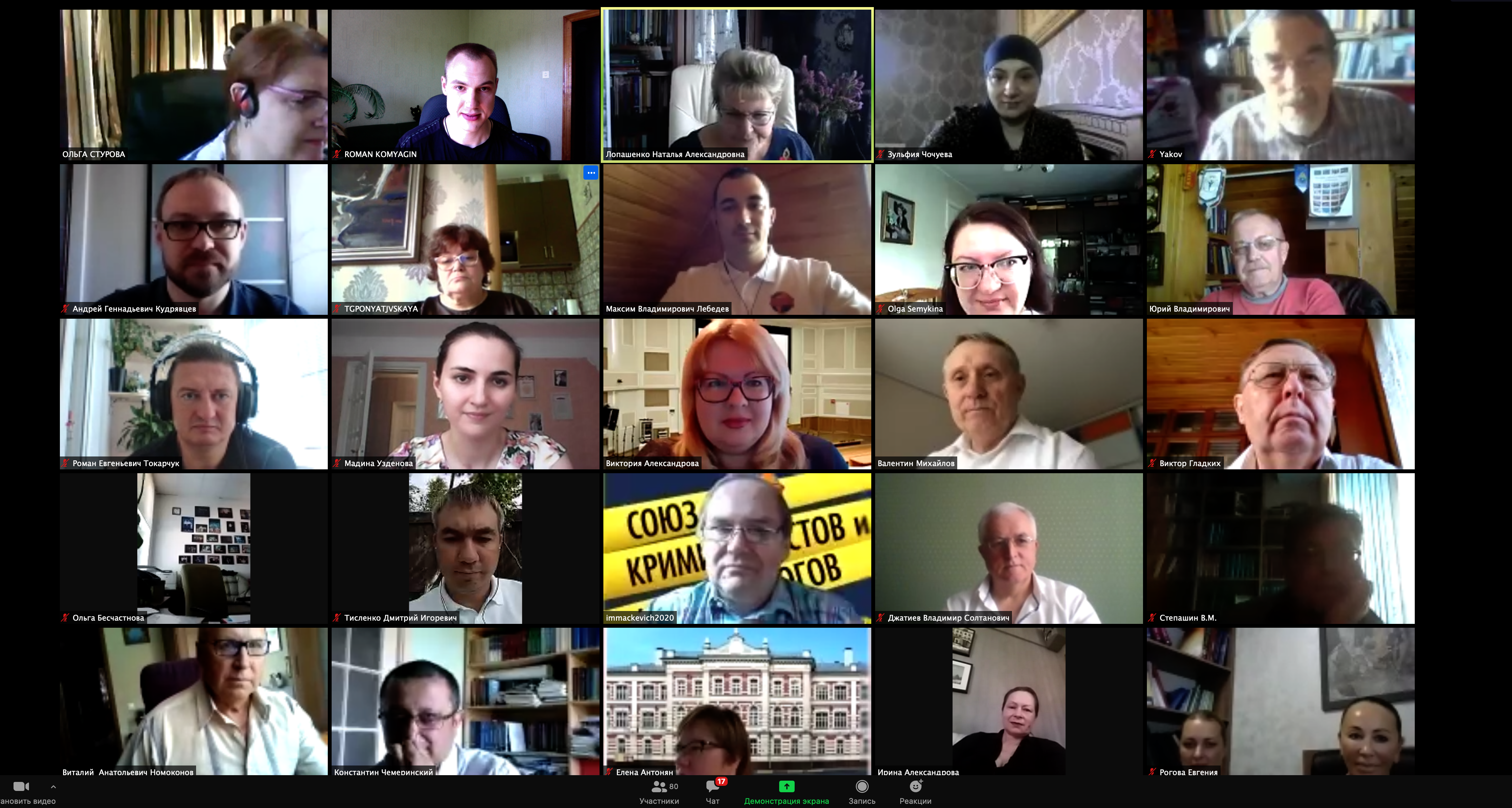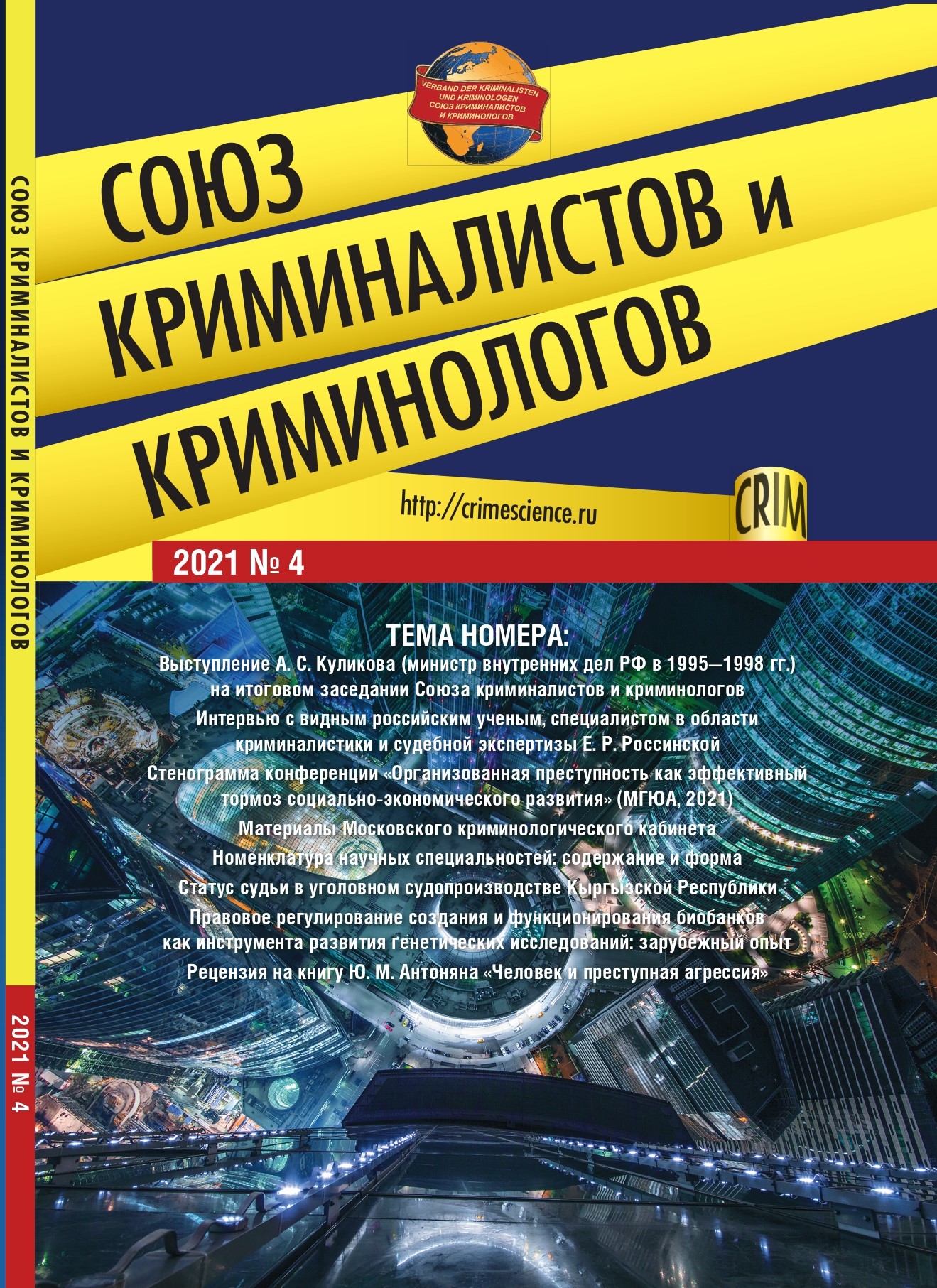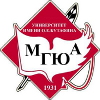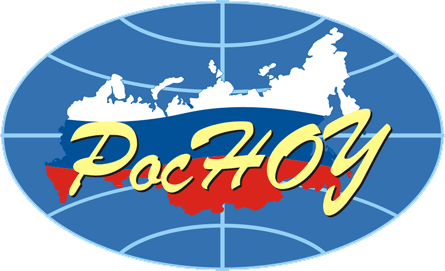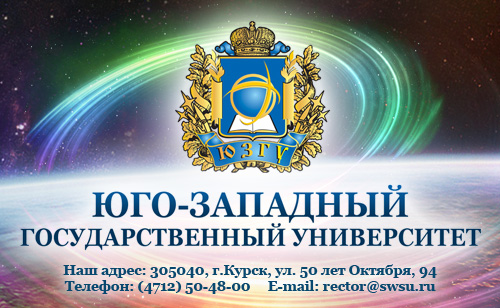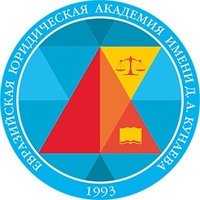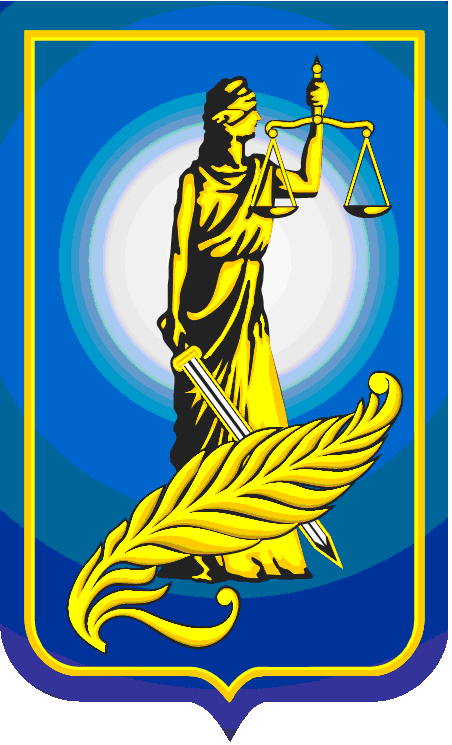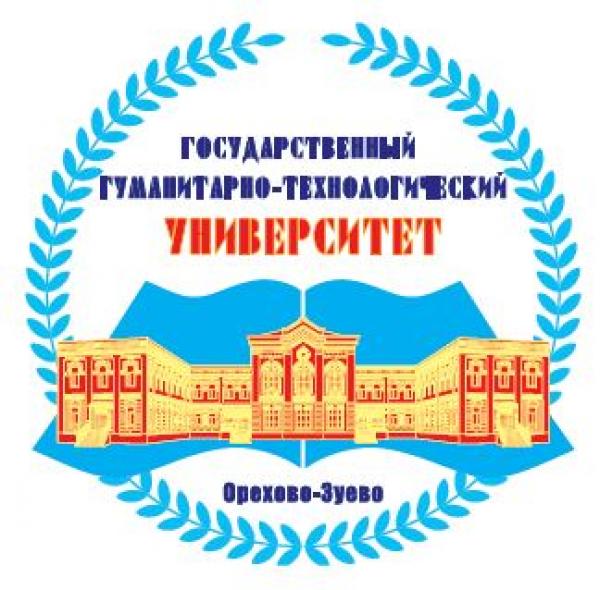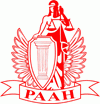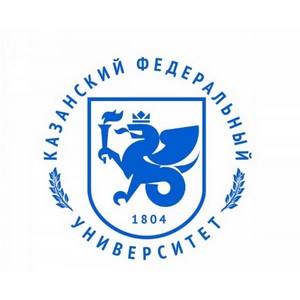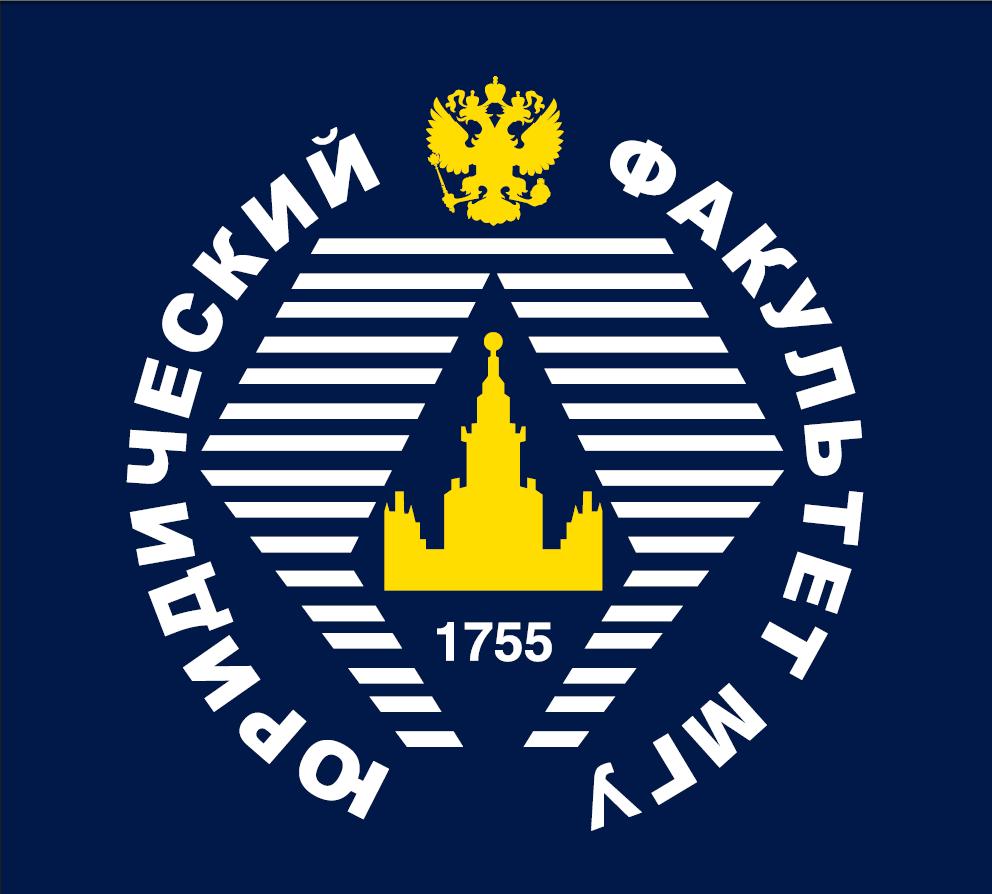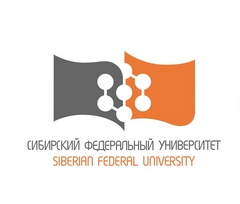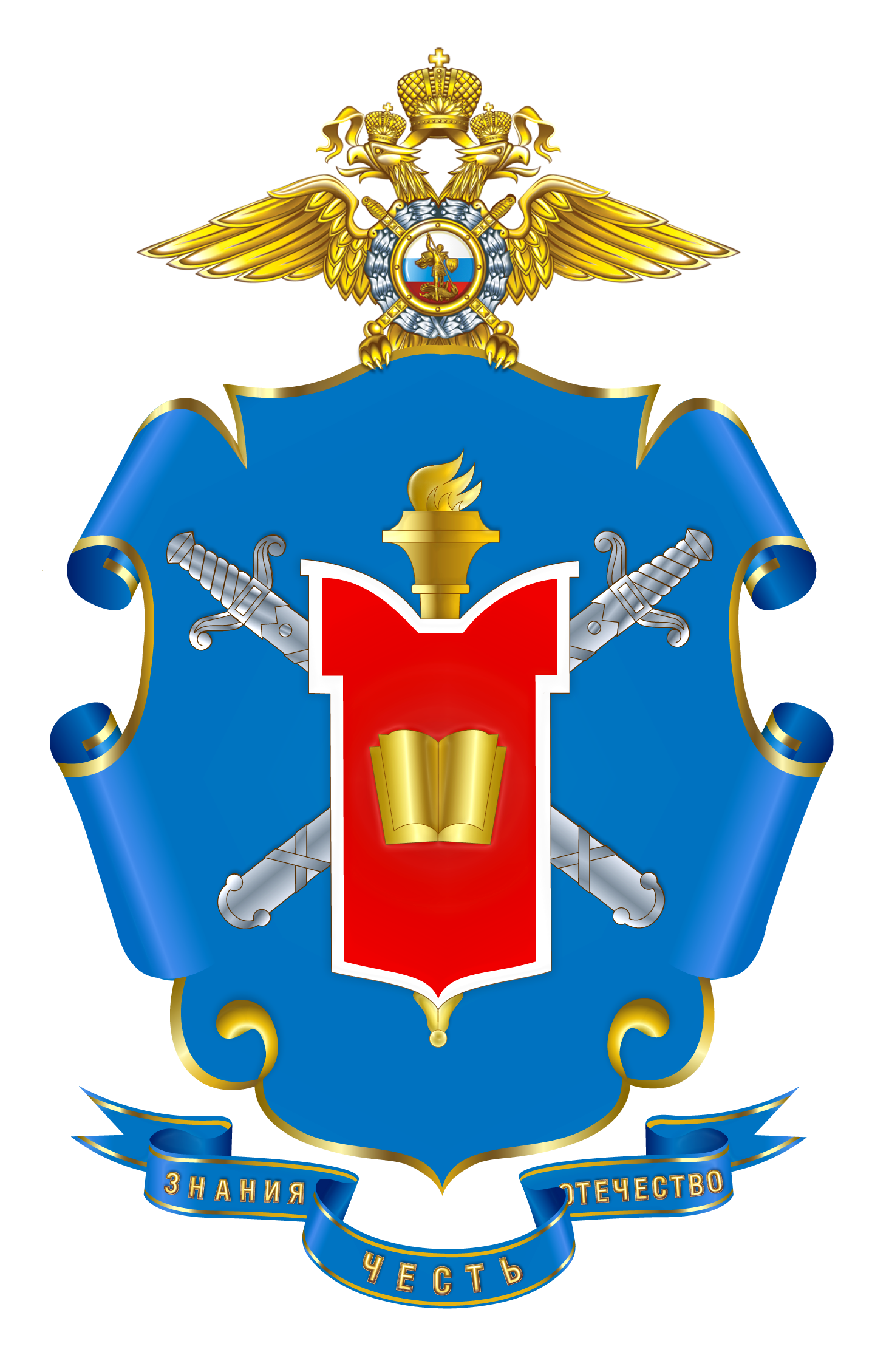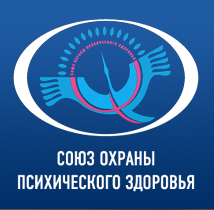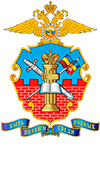PERSON: Igor M. Matskevich Author and organizer: Natalia A. Lopashenko, Doctor of Legal Sciences, Professor, Professor of the Saratov State Academy of Law, Winner of the National Prize for Literature in the field of Law, Honoured Lawyer of the Russian Federation. On 2 July 2020, a regular online meeting of the author’s project «Criminal Law Gatherings at N.A. Lopashenko’s» was held in cooperation with the Saratov Branch Office of the Union of Criminalists and Criminologists. The event was held in the «Person» format and was dedicated to Igor Mikhailovich Matskevich, Doctor of Legal Sciences, Professor, Honoured Worker of Science of Russia, Honoured Worker of Higher Professional Education of Russia, Honoured Worker of the Prosecutor’s Office of Russia, President of the public organization «Union of Criminalists and Criminologists», Head of the Chair of Criminology and Criminal Executive Law at Kutafin Moscow State Law University (MSAL), Professor of the Chair of Criminal Law and Criminology at Lomonosov Moscow State University, Chief Scientific Secretary of the Higher Attestation Commission. In total, the event was attended by about 100 scientists and practitioners from all regions of Russia and neighbouring countries. At the beginning, the organizer of the event, Doctor of Legal Sciences, Professor N.A. Lopashenko welcomed the participants in the meeting and introduced the main speaker. She highlighted the specific stages of his biography, the scope of scientific interests, significant published works, positions held, hobbies and pastimes. Everyone’s attention was especially drawn to pieces of music created and performed by I.M. Matskevich. The participants of the event had the right to ask personal questions that were not related to their professional activities. In particular, they asked: «What kind of activity is most comfortable for You?» (D.I. Tislenko, Associate Professor, Judge of the Arbitration Court of Voronezh Oblast); «Would You like Your son to become a lawyer?» (Y.Y. Sosedova, Lawyer, Tambov); «One of Your hobbies is tourism. What place would You like to visit?» (E.E. Ponomareva, Associate Professor, Lawyer, Petropavlovsk-Kamchatsky). Then I.M. Matskevich outlined the topic of his speech: «Crime: tomorrow has come» and moved on to the main report. The basic features and components of the modern scientific and technical revolution, the cybernetic revolution, the digitalization of modern society and the exaggerated importance of artificial intelligence problems were highlighted in detail. Special attention was paid to the personality of a modern criminal and its characteristics. So, the professor identified sociopaths (positive sociopaths) as a type of criminal that has become widespread in today’s world and claims to be the main prototype of the criminal of the future. He also defined his hypertrophied features. Some issues related to the false perception of reducing violent crime, the impact of an increasing standard of living on the trends of modern crime and many others were also covered. After completing the main report, I.M. Matskevich answered the questions that were asked in advance and received from the participants in the event during the live communication. The following scientific issues were raised:
- Associate Professor D.I. Tislenko (Voronezh): «Please provide Your expert assessment of latent crime that is a consequence of the parties’ failure to resolve or dissatisfaction with the results of judicial review of civil law delicts»;
- Associate Professor R.A. Zabawka (Irkutsk): «Is the phenomenon of wide popularization of modern subculture a planned sanction or a request of society?», «What is the criminal law science’s position on the accusation of the Russian Federation of committing a number of illegal acts against foreign states?»;
- Candidate of Legal Sciences, V. Alexandrova (Moscow): «Whether it is possible to differentiate criminal subculture in the economic sphere as a separate category?», «Whether the media has negative impact on society, specifically persons who are journalists? Whether the legal regulation of their activities is necessary?», «Does a gap between criminal law and criminology exist?», «What are the subject and methods of modern criminology?», «Whether there is objective imputation on the regulatory and law enforcement levels?», «Is there a need for legislative regulation of journalistic activities in relation to the research of the criminal sphere, for example, conducting journalistic investigations?», «Is the criminal liability of members of the AUE criminal community just?»;
- Associate Professor R.E. Tokarchuk (Simferopol): «Is it necessary to introduce a new specialty ‘State Administration’?»;
- Associate Professor O.N. Ageeva (Saransk): «What impact did the date of birth on 23 February have on You?», «What is the role of the media in countering crime?»;
- Associate Professor M.I. Koltsov (Tambov): «Is there a body that selects the most valuable scientific proposals in order to bring them to the attention of the highest state authorities and officials?»;
- Professor M.V. Talan (Kazan): «What place does organized crime occupy in the 21st century? How does it relate to the sociopathic personality type of a modern criminal?»;
- Associate Professor Yu.I. Blokhin (Rostov-on-don): «Do the forms of social activism manifested in modern society fall under the sociopathic personality type?»;
- Professor Yu.V. Golik (Moscow): «What is Your integrative assessment of negative processes and recent events that have a great public resonance in the United States?»;
- Professor V.S. Jatiev (Moscow): «How to reach out to the authorities? What is the reason for the lack of professionalism of the modern legislator? How to handle this?»;
- Professor A.G. Kibalnik (Stavropol): «Is there a need for Russia to create an International Сriminal Court within the framework of the EAC or BRICS?»;
- Associate Professor V.A. Shunyaeva (Tambov): «How much do we care about sociopathic crime at the moment? Is the criminal law in its current version ready to effectively combat such manifestations of crime?»;
- Professor I.A. Alexandrova (Nizhny Novgorod): «Has the line between a perpetrator and a social hero been erased in today’s world?»;
- etc.
Of course, Professor Igor M. Matskevich, Chief Scientific Secretary of the HAC, answered extensively to questions related to the activities of the HAC:
- Associate Professor V.A. Shunyaeva (Tambov): «How effective is the two-level system of modern legal education, as well as the allocation of specialties in addition to law, for example, ‘Judicial and Prosecutorial Activities’?»;
- Associate Professor O.N. Ageeva (Saransk): «Will independent awarding of academic degrees become mass in the near future?», «Is it possible to hold meetings of Dissertation Councils in a remote format?»;
- Professor I.A. Alexandrova (Nizhny Novgorod): «Is it possible to combine the nomenclature of specialties in the near future?»;
- Teacher Z.M. Chelyabova (Astrakhan): «How can we assess the postponement of dissertations because of the pandemic?»;
- Associate Professor V.S. Soloviev (Krasnodar): «Self-citation as an unavoidable borrowing: what is the HAC’s attitude to this problem?»;
- Associate Professor I.S. Alihadzhieva (Moscow): «What is the reason for the increase in the number of officials among doctors of sciences? Whether the actions of the HAC can discourage those who would like to do science?»;
- etc.
During the discussion of Professor I.M. Matskevich’ conference report, the statement were made by, in particular: Professor Y. I. Gilinskiy (St. Petersburg) (the main message of the speech – «The type of a sociopath is an interesting and promising direction in the study of personality of a modern criminal»); Associate Professor R.E. Tokarchuk (Simferopol) («Among the needs of contemporary society, significantly increased the percentage of people with a need for self-realization»); Professor V.F. Lapshin (Ryazan) («Objective imputation is one of the most dangerous phenomena in modern criminal socio-legal reality»); etc. All participants expressed their gratitude to I.M. Matskevich for an interesting performance. Then a new category of «Criminal Law Gatherings at Lopashenko’s» was presented: «Legal Business With Daria Lopashenko». The project leader Daria V. Lopashenko (Moscow), Candidate of Legal Sciences, Marketing Director of the Law Bureau of Forward Legal made a presentation on the topic «Legal business during coronavirus». After the presentation she answered questions and remarks:
- Associate Professor, Lawyer E.E. Ponomareva (Petropavlovsk-Kamchatsky): «What place do corruption-related crimes and crimes committed in the field of medicine occupy?»;
- Associate Professor, Judge of the Arbitration Court of D.I. Tislenko (Voronezh), who focused on a number of problems in civil proceedings that arose during the pandemic;
- Associate Professor A.G. Kudryavtsev (Voronezh), who drew attention to the problems of lawyers from the periphery during the pandemic.
N.A. Lopashenko addressed the participants with a final speech and thanked everyone for the interest. She invited the colleagues to the next meeting taking place after the summer vacation.
The review was prepared by Roman Komyagin, Post-graduate Student of the Saratov State Academy of Law, Secretary of the Saratov Branch Office of the Union of Criminalists and Criminologists
Translated by Elizaveta Ovchinnikova



